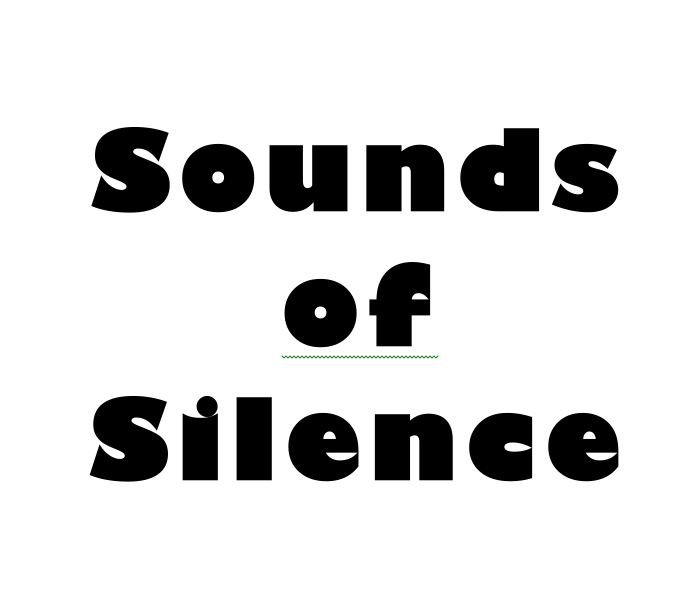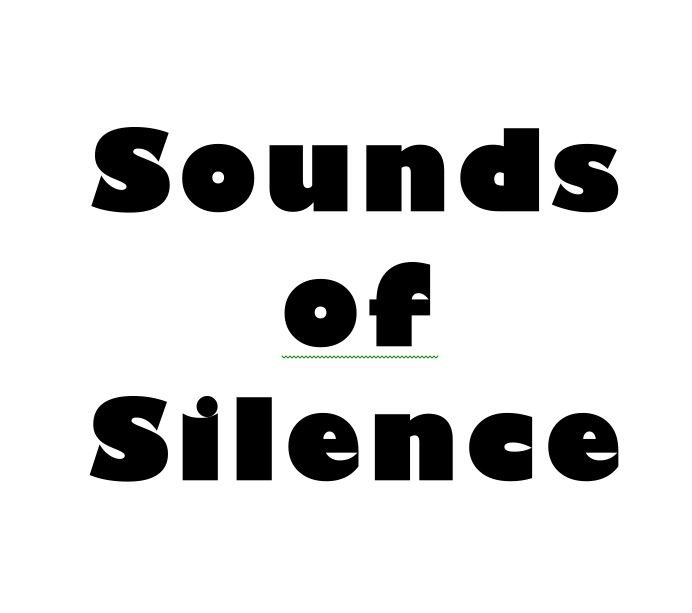 Does social media lead to polarization? According to a study from the respected Pew Foundation with the title Social Media and the ‘Spiral of Silence’ it may not lead to it but it does seem to reinforce it.
Does social media lead to polarization? According to a study from the respected Pew Foundation with the title Social Media and the ‘Spiral of Silence’ it may not lead to it but it does seem to reinforce it.
This survey’s findings produced several major insights:
- People were less willing to discuss the Snowden-NSA story in social media than they were in person. 86% of Americans were willing to have an in-person conversation about the surveillance program, but just 42% of Facebook and Twitter users were willing to post about it on those platforms.
- Social media did not provide an alternative discussion platform for those who were not willing to discuss the Snowden-NSA story. Of the 14% of Americans unwilling to discuss the Snowden-NSA story in person with others, only 0.3% were willing to post about it on social media.
- In both personal settings and online settings, people were more willing to share their views if they thought their audience agreed with them. For instance, at work, those who felt their coworkers agreed with their opinion were about three times more likely to say they would join a workplace conversation about the Snowden-NSA situation.
- Previous ‘spiral of silence’ findings as to people’s willingness to speak up in various settings also apply to social media users. Those who use Facebook were more willing to share their views if they thought their followers agreed with them. If a person felt that people in their Facebook network agreed with their opinion about the Snowden-NSA issue, they were about twice as likely to join a discussion on Facebook about this issue.
- Facebook and Twitter users were also less likely to share their opinions in many face-to-face settings. This was especially true if they did not feel that their Facebook friends or Twitter followers agreed with their point of view. For instance, the average Facebook user (someone who uses the site a few times per day) was half as likely as other people to say they would be willing to voice their opinion with friends at a restaurant. If they felt that their online Facebook network agreed with their views on this issue, their willingness to speak out in a face-to-face discussion with friends was higher, although they were still only 0.74 times as likely to voice their opinion as other people.
The survery by KEITH HAMPTON, LEE RAINIE, WEIXU LU, MARIA DWYER, INYOUNG SHIN AND KRISTEN PURCELL
Tags: Pew Foundation, Pew Research, Polarization, social media and networks

